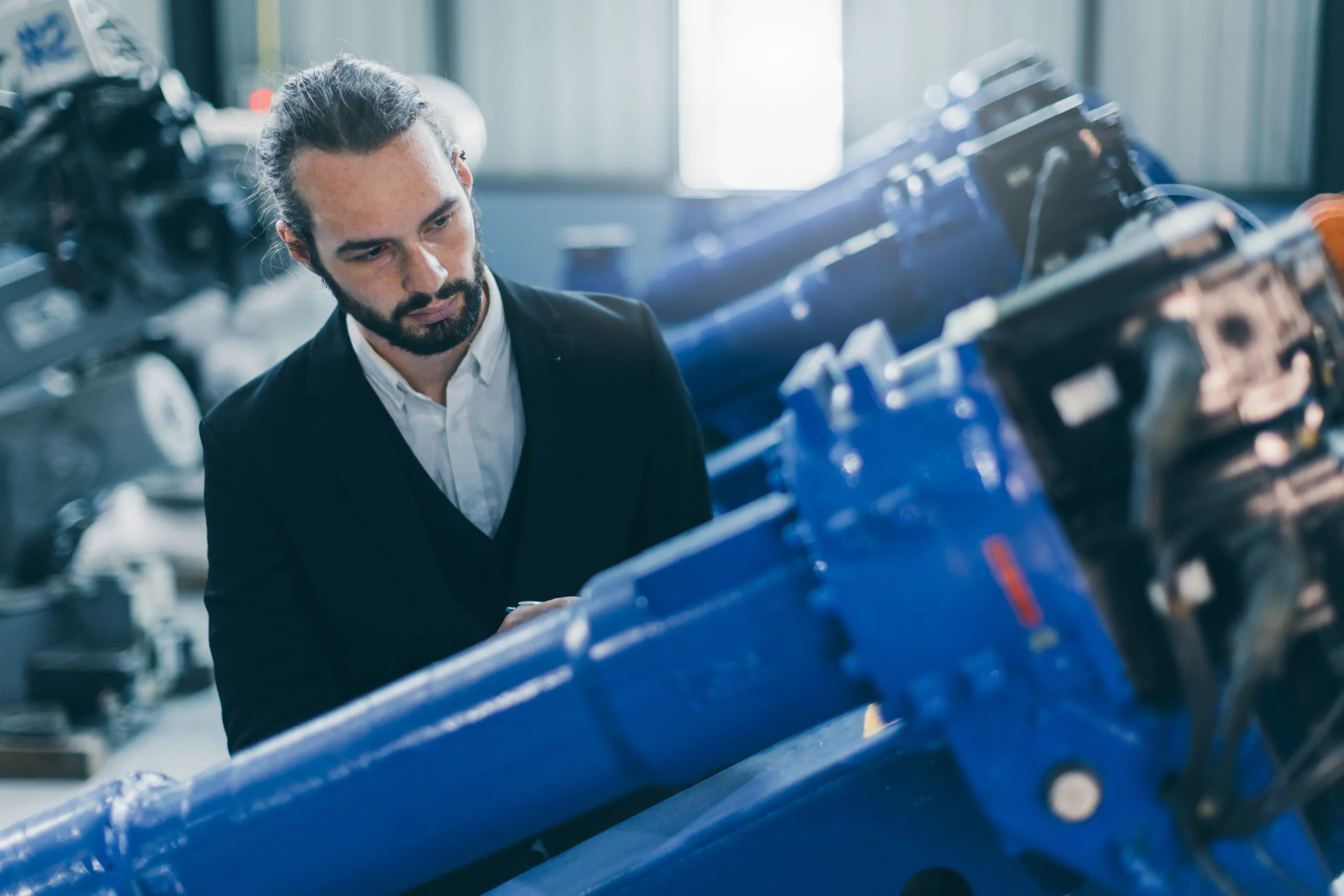Understanding Progressive Cavity Pumps
Progressive cavity pumps (PCPs) are known for their versatility and ability to handle a wide range of fluids, from thin liquids to thick slurries. When selecting a PCP for your application, determining the correct capacity is crucial to ensure optimal performance and efficiency.
Key Factors Influencing Pump Capacity
Fluid Properties:
- Viscosity: The thickness or resistance of the fluid to flow. Higher viscosity requires a pump with a larger capacity.
- Specific Gravity: The weight of a fluid compared to water. Heavier fluids require more power to pump.
- Solids Content: If the fluid contains solids, their size, shape, and concentration will affect the pump’s capacity.
- Abrasiveness: Abrasive fluids can wear down the pump’s components, reducing its lifespan.
- Temperature: PCP can handle a wide range of temperatures, commonly ranging from -20°C to 200°C. Some specialist types, are intended for use in high-temperature thermal wells with temperature values above 230°C. A pump’s precise temperature range is determined by its design and intended application
Flow Rate:
- The desired volume of fluid to be pumped per unit time. This is typically measured in meter cube per hour (m3/h) or liters per minute (LPM).
Discharge Pressure:
- The pressure required to deliver the fluid to its destination. Higher discharge pressures require a pump with a higher pressure capability.
Suction Conditions:
- The conditions at the inlet of the pump, such as suction head and net positive suction head (NPSH). These factors can affect the pump’s ability to draw fluid in.
Tips for Selecting a Progressive Cavity Pump Supplier
When choosing a progressive cavity pump supplier, consider the following factors:
- Experience and Expertise: Look for a supplier with a proven track record in the industry and a deep understanding of PCP technology.
- Product Range: Ensure the supplier offers a wide range of PCP models to suit different applications and requirements.
- After-Sales Support: A reliable supplier should provide comprehensive after-sales support, including maintenance, repairs, and spare parts.
- Customization Options: If your application has specific needs, look for a supplier that can customize PCPs to meet your requirements.
Progressive Cavity Pump Maintenance
Proper maintenance is essential to ensure the long-term performance and efficiency of your PCP. This includes:
- Regular Inspections: Inspect the pump for signs of wear, damage, or leaks.
- Lubrication: Ensure the pump’s bearings and seals are adequately lubricated.
- Cleaning: Clean the pump regularly to remove any accumulated solids or debris.
- Replacement Parts: Have spare parts readily available to minimize downtime in case of repairs.
By carefully considering these factors and working with a reputable progressive cavity pump supplier, you can select the right pump to meet your specific application needs and ensure optimal performance.
